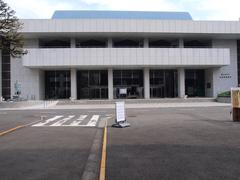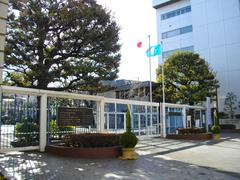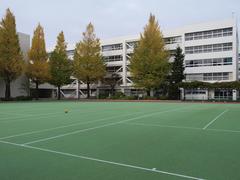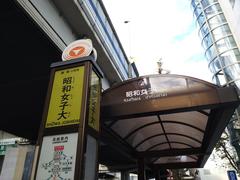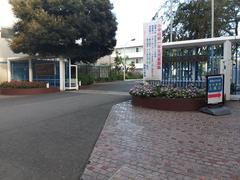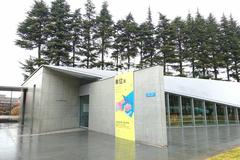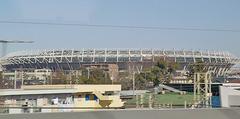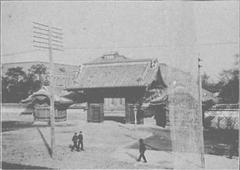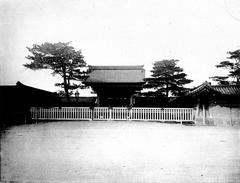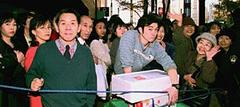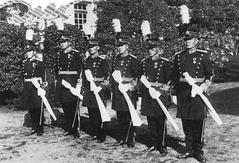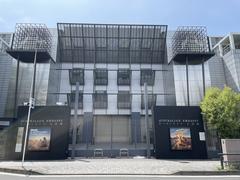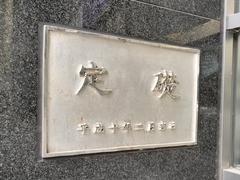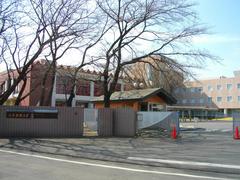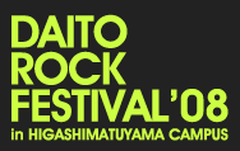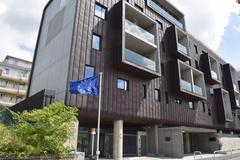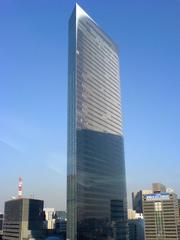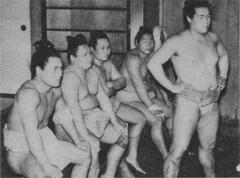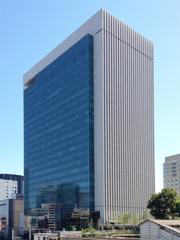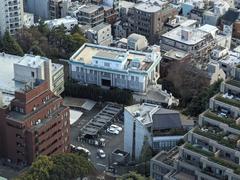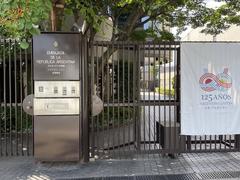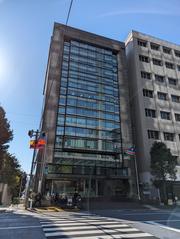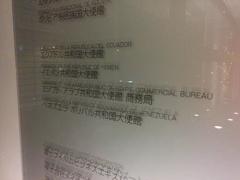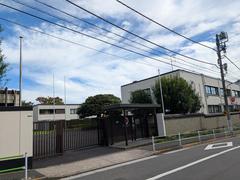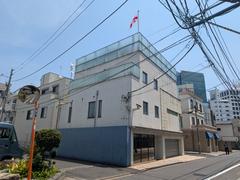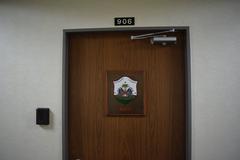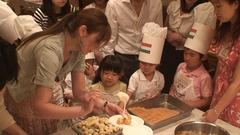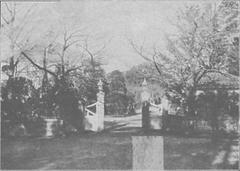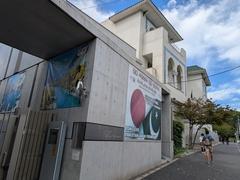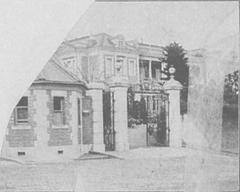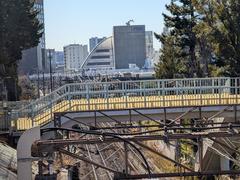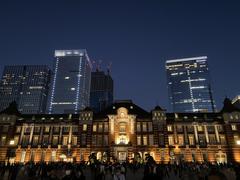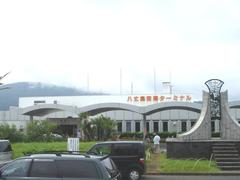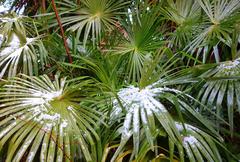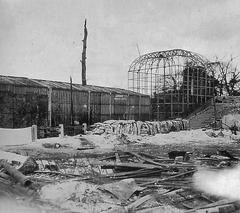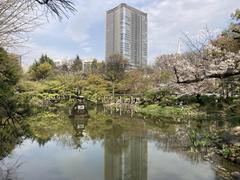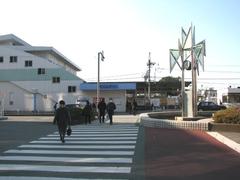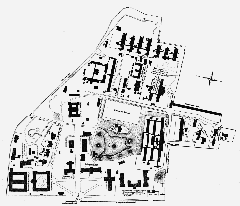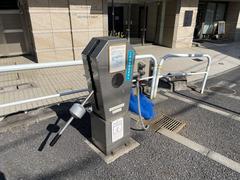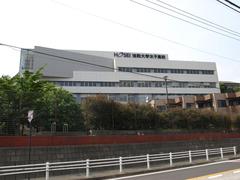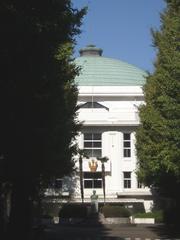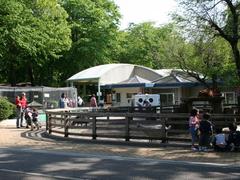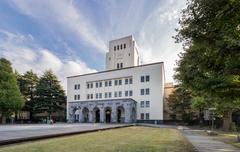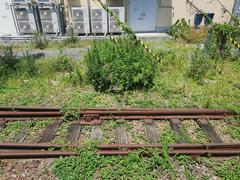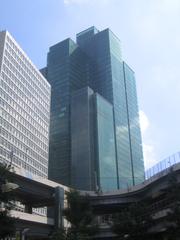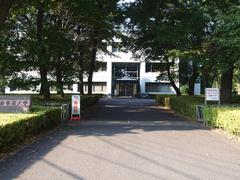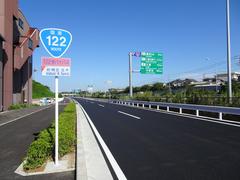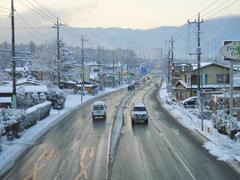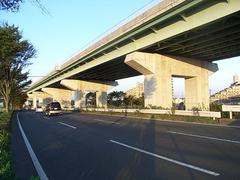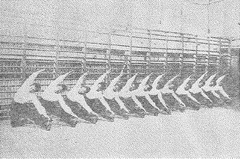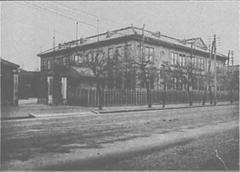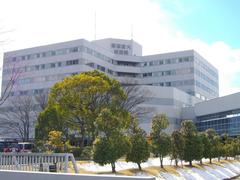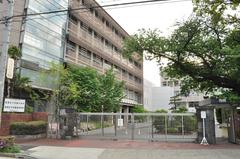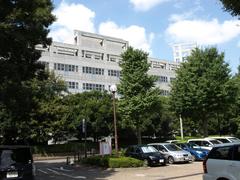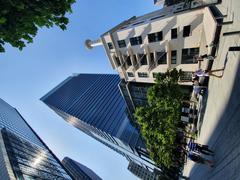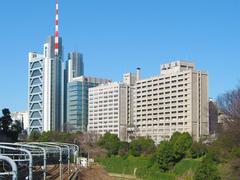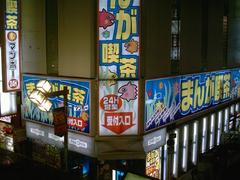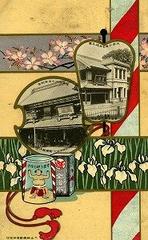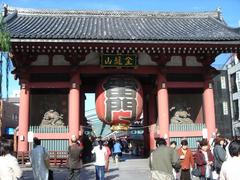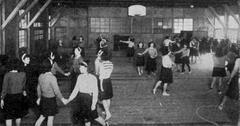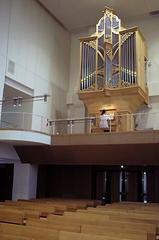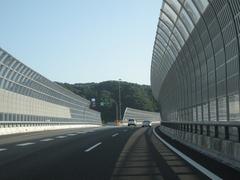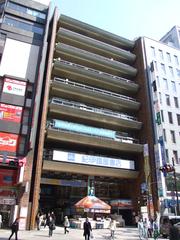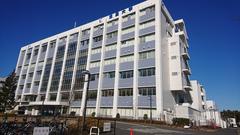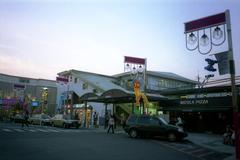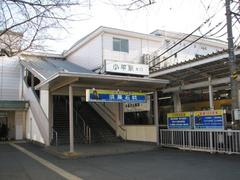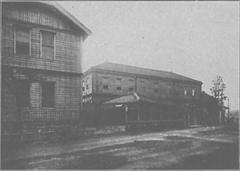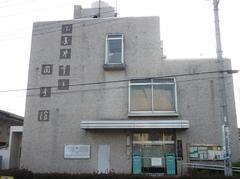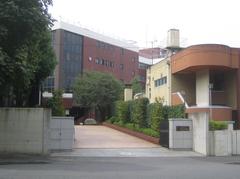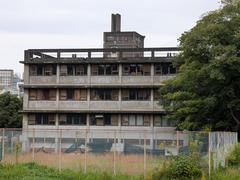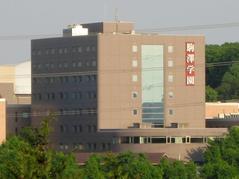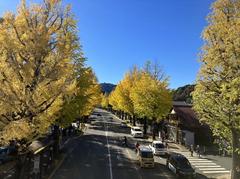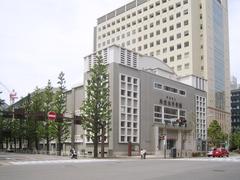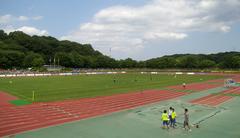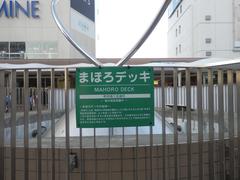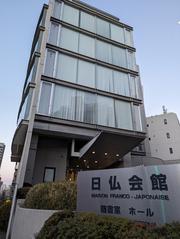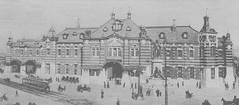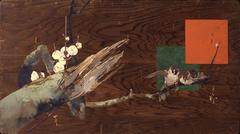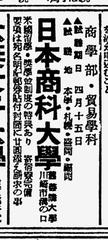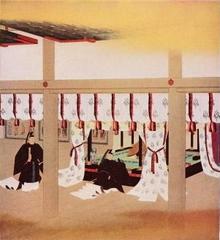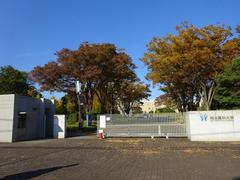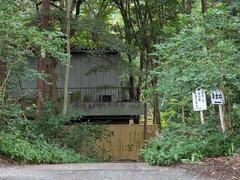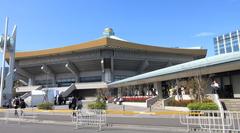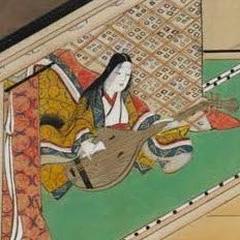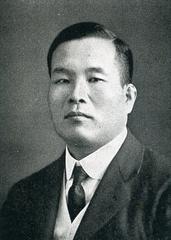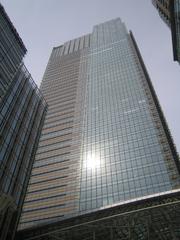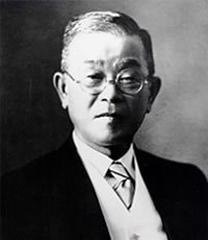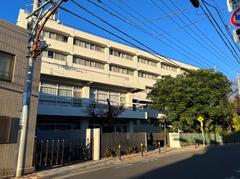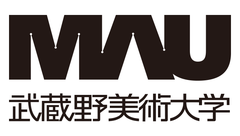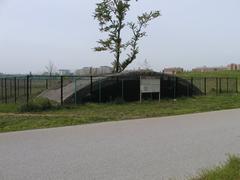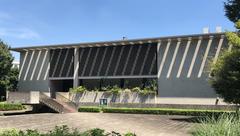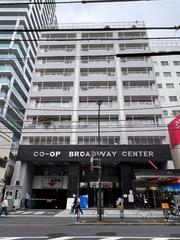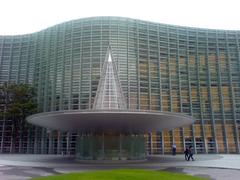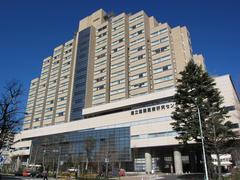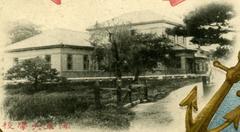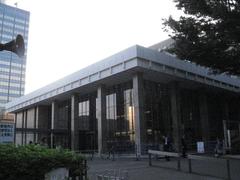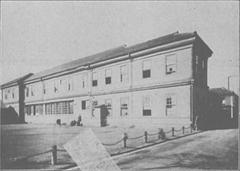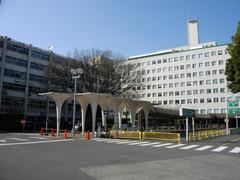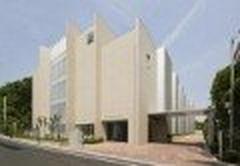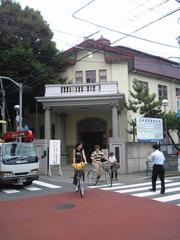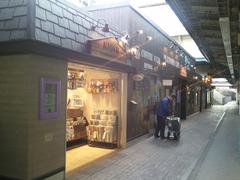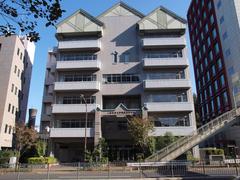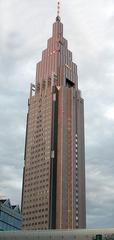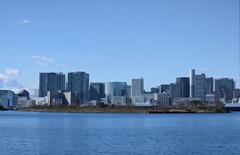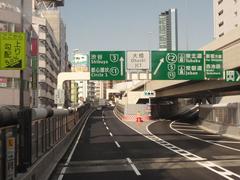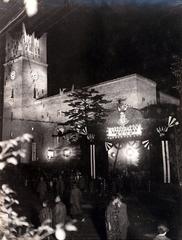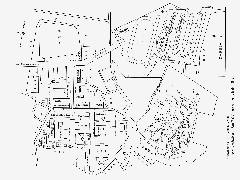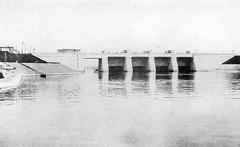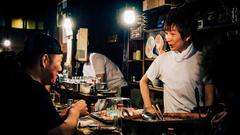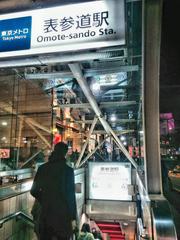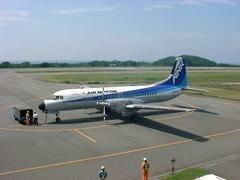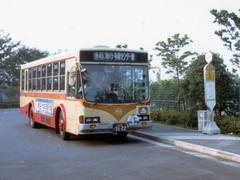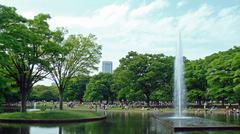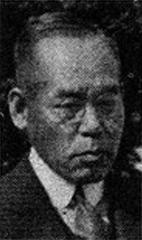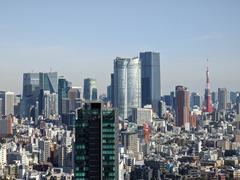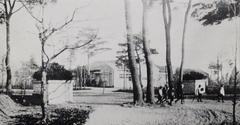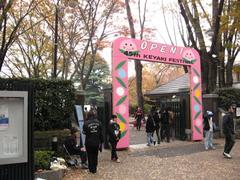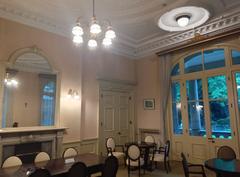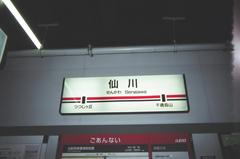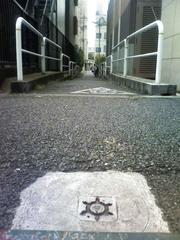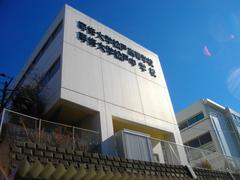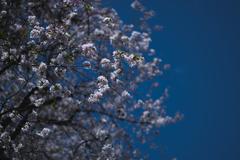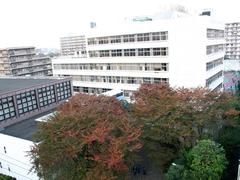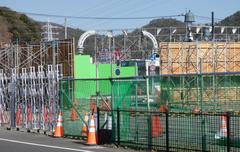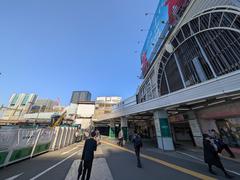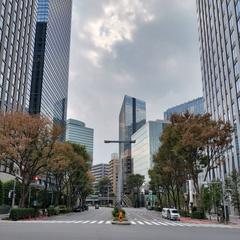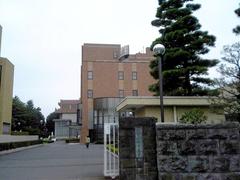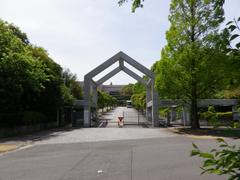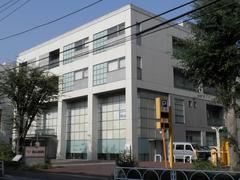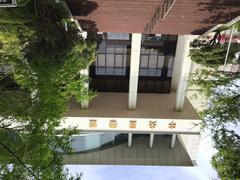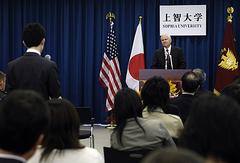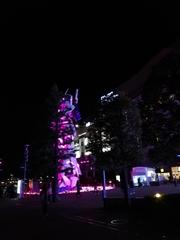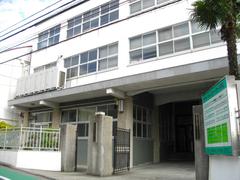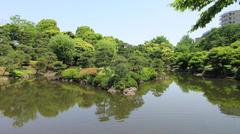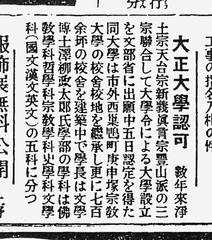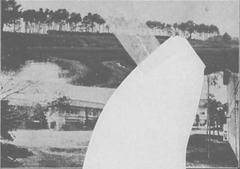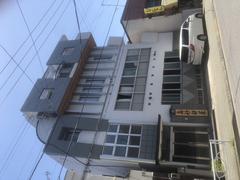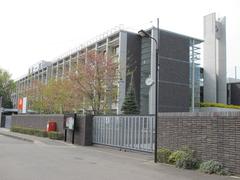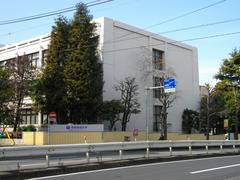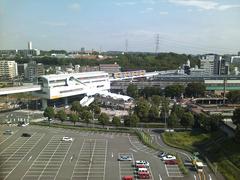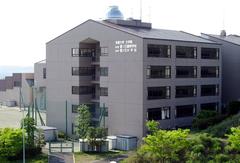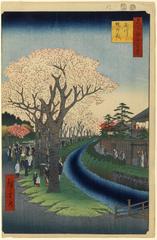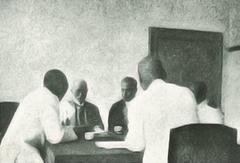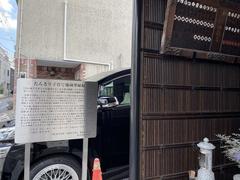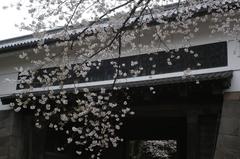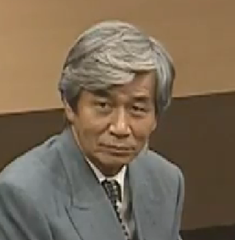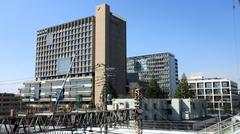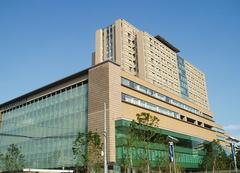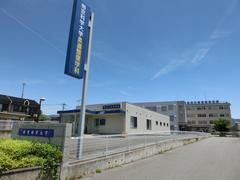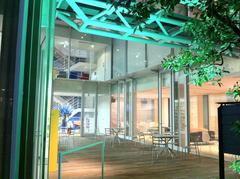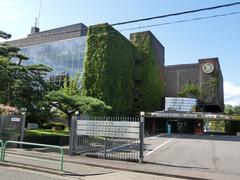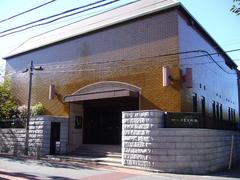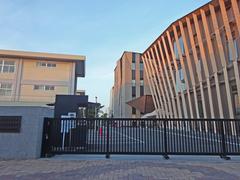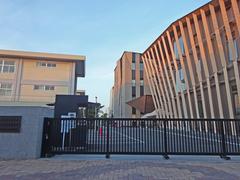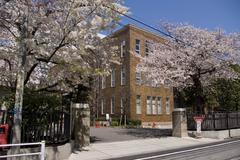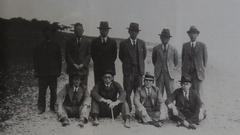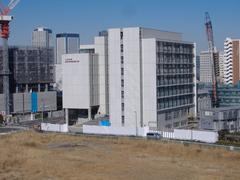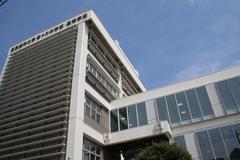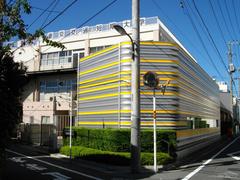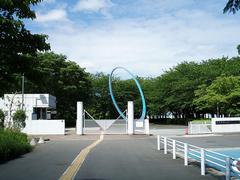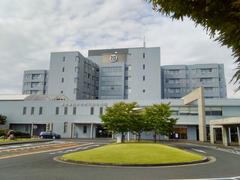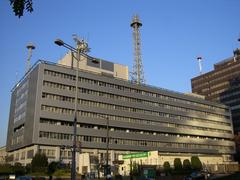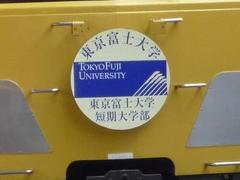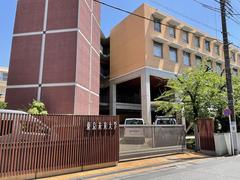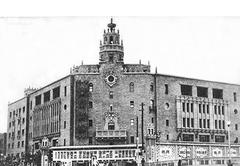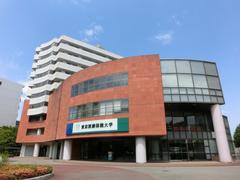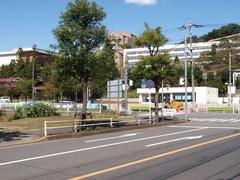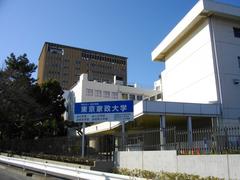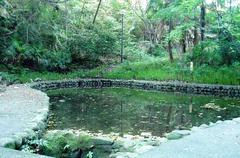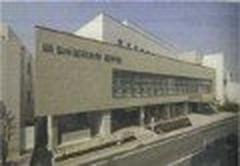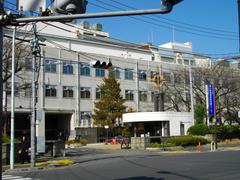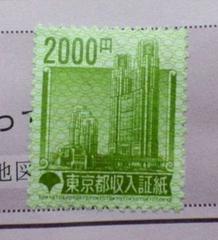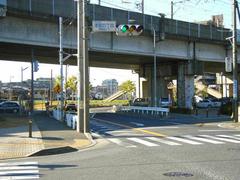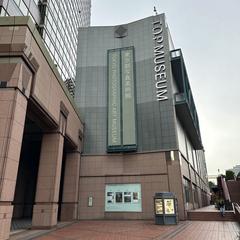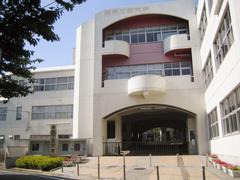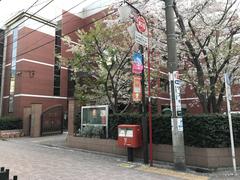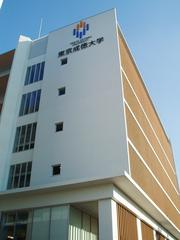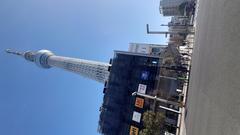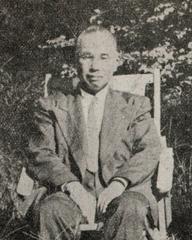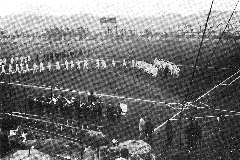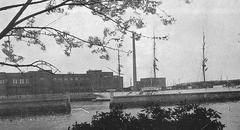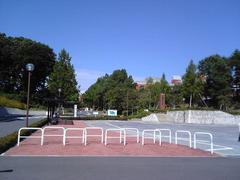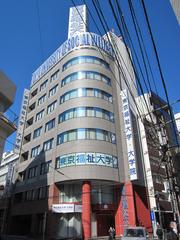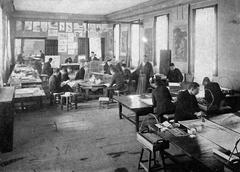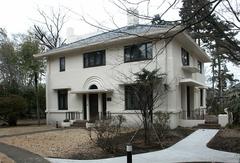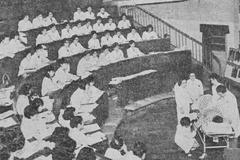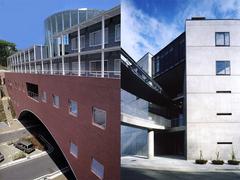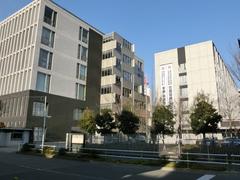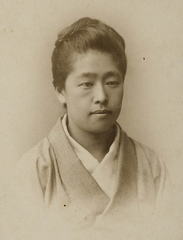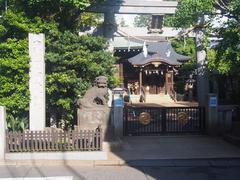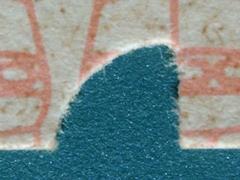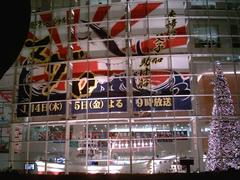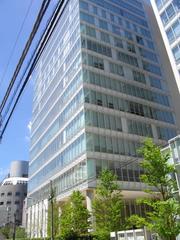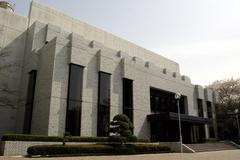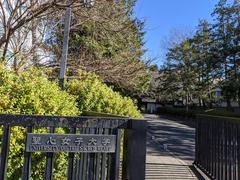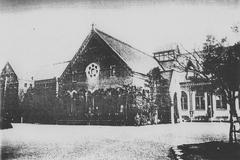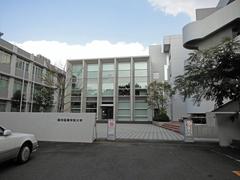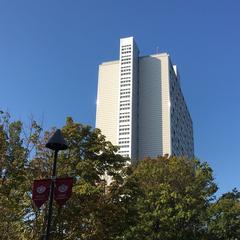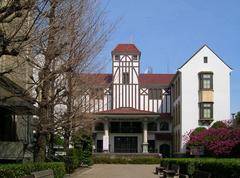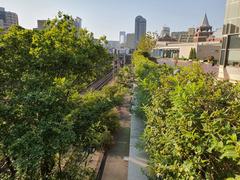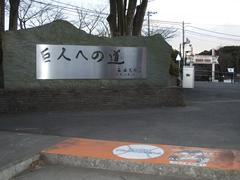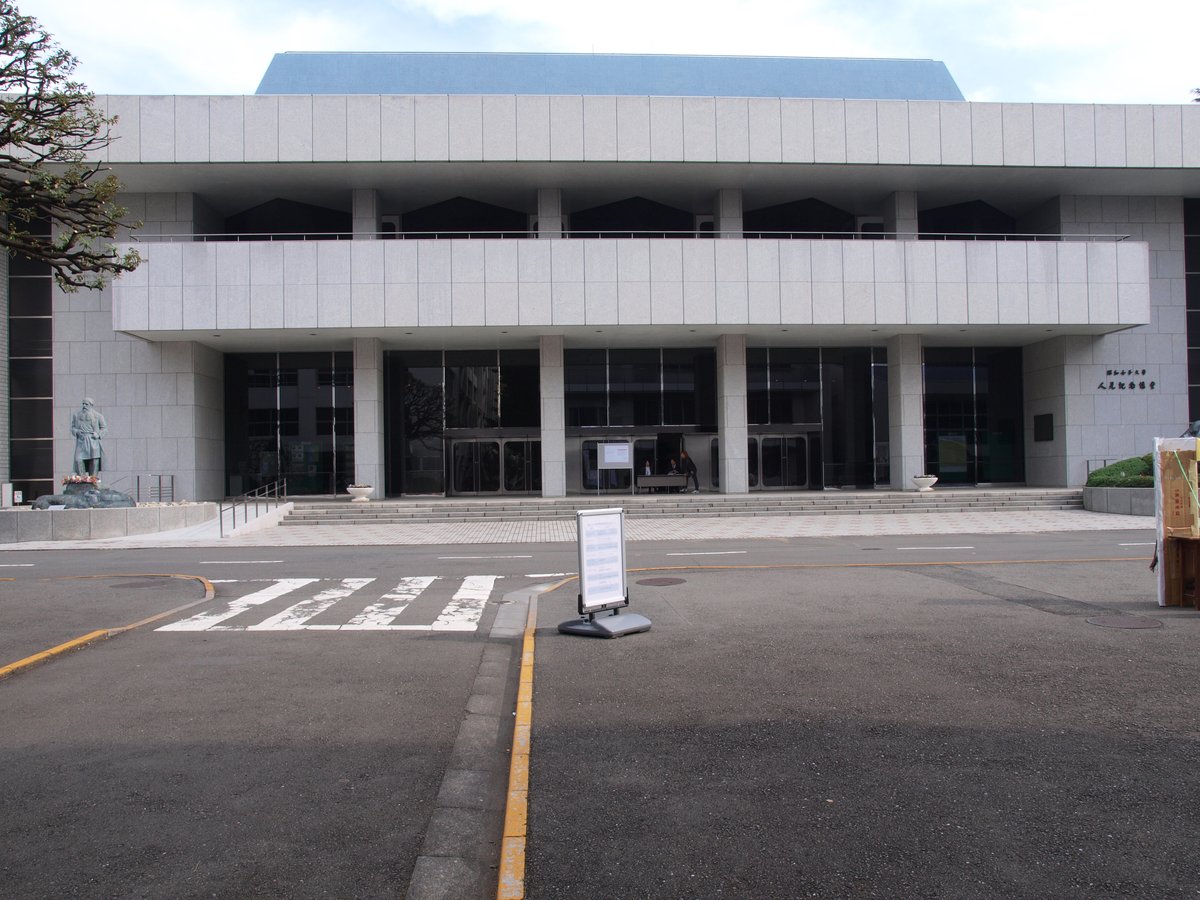
Showa Women’s University Visiting Guide: Tokyo, Japan — Tickets, Hours, and Attractions
Date: 14/06/2025
Introduction
Showa Women’s University (SWU), located in Tokyo’s Setagaya Ward, stands as an enduring symbol of Japan’s commitment to women’s higher education and cultural advancement. Established in 1920 by Enkichi Hitomi and inspired by the ideals of Leo Tolstoy, SWU has grown from its origins as the Japan Women’s Institute into a wide-ranging educational institution offering programs from kindergarten to graduate school (simple.wikipedia.org). The university’s campus, renowned for its tranquil gardens, distinguished architecture, and vibrant cultural life, welcomes visitors seeking to explore both Japanese history and contemporary academic innovation.
This comprehensive guide covers Showa Women’s University’s historical milestones, campus highlights, visitor information, accessibility, travel tips, and more. Whether you are a history enthusiast, academic traveler, or cultural explorer, this resource will help you plan a fulfilling visit to one of Tokyo’s most distinguished educational and cultural landmarks.
Historical Overview
Founding and Early Development (1920–1949)
Showa Women’s University was founded in 1920 as the Japan Women’s Institute by Enkichi Hitomi, whose educational vision drew on Tolstoyan principles of love, understanding, and harmony (simple.wikipedia.org). Originally located in Tokyo’s Bunkyo Ward, the institution moved in 1922 to its current site in Setagaya, securing space for expansion and reinforcing its mission to advance women’s education in a changing society. In 1949, after post-war reforms, the institution adopted its current name and expanded its academic offerings across all educational levels.
Educational Philosophy and Influences
The university’s guiding philosophy centers on the harmonious development of intellect and character, inspired by Tolstoy’s teachings. The founders, Enkichi and Midori Hitomi, envisioned a community where women could cultivate leadership and contribute to society, a vision still reflected in the university’s motto: “Seeking Love, Understanding, and Harmony.”
Campus and Facilities
Exploring the Campus
SWU’s Setagaya campus offers visitors a serene environment characterized by landscaped gardens, modern and historic buildings, and a vibrant academic community (simple.wikipedia.org). The campus is home to educational facilities serving students from nursery school through graduate studies, as well as international programs like the Temple University, Japan Campus (tuj.ac.jp).
Key Landmarks
- Hitomi Memorial Hall: Completed in 1980, this auditorium is celebrated for its excellent acoustics and regularly hosts concerts, lectures, and university ceremonies.
- Showa Women’s University Monument: A focal point symbolizing the university’s enduring commitment to education and women’s empowerment.
- Statue of Leo Tolstoy: Honoring the university’s philosophical roots, the statue is a popular photo spot and a reminder of SWU’s core values (Wikiwand).
- University Museum: Hosts exhibitions on the university’s history, cultural exchange, and special events in partnership with international institutions.
International Connections
The campus also features the British School in Tokyo Showa Campus, which provides an international curriculum for over 500 students and reflects SWU’s global outlook (BST Showa Campus). The Showa Boston Institute for Language and Culture, while located abroad, plays a key role in the university’s study-abroad programs and internationalization efforts (Japan Festival Boston).
Visitor Information
Hours, Tickets, and Tours
- Campus Hours: Monday to Friday, 9:00 AM – 5:00 PM. Hours may vary during holidays or special events.
- Admission: General access to campus grounds is free. Tickets may be required for concerts and special exhibitions at Hitomi Memorial Hall or the University Museum.
- Guided Tours: Available by advance reservation and during open campus events. Tours cover the university’s history, architecture, and educational philosophy.
Accessibility
SWU is committed to accessibility. The campus is equipped with wheelchair ramps, elevators in main buildings, and accessible restrooms. Visitor assistance is available upon request.
Getting There
- By Train: A 10-minute walk from Ikejiri-Ohashi Station (Tokyu Den-en-toshi Line).
- By Bus: Multiple routes serve the area, with stops close to the campus.
- By Car: Limited on-campus parking; several public parking facilities nearby.
What to See and Do
Campus Grounds and Gardens
Enjoy a leisurely stroll through SWU’s landscaped gardens—famous for cherry blossoms in spring and vibrant foliage in autumn (Travelswithelle). Artworks and sculptures, including the Tolstoy statue, provide cultural depth to the campus environment.
Cultural Events and Activities
- Concerts and Performances: Hitomi Memorial Hall remains a sought-after venue for classical music, university recitals, and public lectures. Advance booking is recommended for major events (Wikiwand).
- Seasonal Festivals: The campus hosts festivals and open days featuring student performances, exhibitions, and food stalls, offering visitors a taste of university life and tradition.
Educational and Research Facilities
- Libraries: Modern facilities with extensive collections in humanities, social sciences, and women’s studies. Some events grant public access.
- Cafeterias: Several options serving Japanese and international cuisine, allowing visitors to experience daily student life.
Tips for Visitors
- Best Times to Visit: Spring (March–April) for cherry blossoms; autumn (November) for fall foliage. Avoid the Golden Week holiday (late April–early May) due to crowds (Travelswithelle).
- Photography: Permitted in gardens and public areas; please respect privacy and adhere to university policy.
- Language Support: English signage is available in some areas, particularly near the British School in Tokyo.
Nearby Attractions
- Shibuya District: Iconic shopping, dining, and entertainment area just two train stops away.
- Setagaya Art Museum: Contemporary Japanese art exhibitions.
- Kinuta Park: Expansive green space ideal for relaxation and picnics.
Frequently Asked Questions (FAQ)
Q: What are the Showa Women’s University visiting hours?
A: Monday to Friday, 9:00 AM – 5:00 PM. Hours may change for events or holidays.
Q: Is there an admission fee?
A: No fee for campus entry. Some events and exhibitions require tickets.
Q: Are guided tours available?
A: Yes, by advance reservation or during special open campus days.
Q: Is the campus accessible for visitors with disabilities?
A: Yes, with ramps, elevators, and accessible restrooms.
Q: How do I get to SWU?
A: By train (Ikejiri-Ohashi Station on the Tokyu Den-en-toshi Line), bus, or car (limited parking available).
Plan Your Visit
For the latest information on hours, ticketing, tours, and events, visit the official Showa Women’s University website. Enhance your experience by downloading the Audiala app for audio guides, real-time updates, and interactive campus maps.
Summary and Encouragement to Explore
A visit to Showa Women’s University offers insights into Japan’s progressive legacy in women’s education and cultural exchange. The campus’s tranquil gardens, notable monuments, and vibrant events make it an outstanding historical site in Setagaya Ward. With its commitment to leadership, diversity, and internationalization, SWU is a rewarding destination for anyone interested in Japanese history, architecture, or education (edurank.org; news.temple.edu). Plan your visit, consult official resources for up-to-date details, and consider exploring other Tokyo landmarks to enrich your cultural journey.
References and Further Reading
- Visiting Showa Women’s University: A Historical and Cultural Landmark in Tokyo, 2025, (simple.wikipedia.org)
- Showa Women’s University Monument: Visiting Hours, Tickets, and Visitor Information, 2025, (tuj.ac.jp)
- Visiting Showa Women’s University: Hours, Attractions, and Cultural Highlights in Tokyo, 2025, (Wikiwand)
- Showa Women’s University Profile, 2025, EduRank, (edurank.org)
- Significance of Temple University Japan’s New Campus, 2019, Temple University News, (news.temple.edu)
- BST Showa Campus (BST Showa Campus)
- Japan Festival Boston (Japan Festival Boston)
- Travelswithelle (Travelswithelle)
